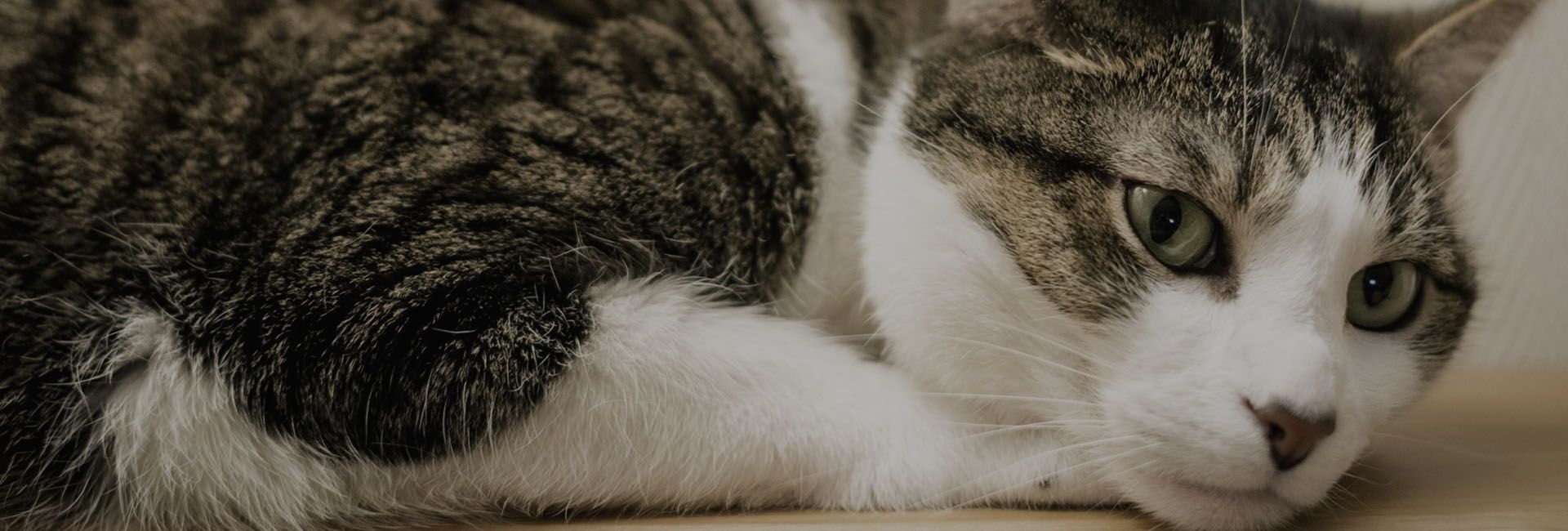What to Know About Feline Leukemia (FeLV)
One serious and potentially life-threatening condition that veterinarians often talk to cat owners about is the Feline Leukemia Virus (FeLV). As a feline-only veterinary practice, The Complete Cat Veterinary Clinic has this guide about Feline Leukemia to make sure cat owners can understand and address the health needs of their feline pets.
Feline Leukemia and Its Symptoms
Feline Leukemia is a virus that may impact a cat’s immune system, blood, and other parts of the body. The disease progresses in two stages:
Primary infection: The virus enters the bloodstream, and the cat's immune system may successfully eliminate it.
Secondary infection: If not cleared, the virus invades bone marrow and other tissues, resulting in a lifelong infection.
FeLV is transmitted through close contact, commonly via saliva or other bodily fluids, in shared bowls or litter trays, grooming, and bite wounds. The Feline Leukemia Virus can also pass from an infected mother to her kittens during nursing.
FeLV-positive cats may initially appear healthy for weeks or months. As the disease progresses, however, symptoms can include:
- Chronic infections (respiratory, urinary, or skin)
- Weight loss and decreased appetite
- Persistent fever
- Blood disorders
- Diarrhea
- Large lymph nodes
- Cancers such as lymphoma
- Eye issues
How to Prevent Feline Leukemia
Preventing FeLV starts with awareness and action. One of the most effective tools is limiting exposure by keeping cats indoors and away from unknown or untested cats to significantly reduces risk.
Vaccination is another core preventive strategy for cats at risk of FeLV exposure. FeLV vaccination is recommended for:
- Kittens
- Outdoor cats or indoor cats living with cats that go outside
- Cats living with other cats whose FeLV status is unknown
The FeLV vaccine is administered in two initial doses, followed by annual boosters based on your cat’s lifestyle. This vaccine offers strong protection against Feline Leukemia, especially when paired with smart management practices like keeping cats indoors.
Testing for Feline Leukemia
Testing is the only reliable way to determine a cat’s FeLV status. A FeLV test will be part of an annual wellness plan for most at-risk cats. They may also be performed for new cats that you have adopted or any feline that displays symptoms of Feline Leukemia. The initial FeLV test is fast and can be performed in most veterinary clinics.
Caring for FeLV-Positive Cats
A positive FeLV test can be agonizing for cat owners. Know that with proper care, some FeLV-positive cats can still live comfortable lives, sometimes for several years. If your cat has Feline Leukemia, your veterinarian will discuss a care plan that will likely include:
- Keeping them indoors
- Providing high-quality nutrition
- Treating secondary infections
- Regular wellness checkups to monitor health changes
Get the FeLV Vaccine for Cats in Brookfield, CT
Feline Leukemia is a serious virus that can be caught early and approached with proactive care. The Complete Cat Veterinary Clinic has FeLV vaccines and testing for cats in Brookfield and from surrounding communities like Newtown, Ridgefield, and Danbury. Contact us to schedule your feline pet’s next appointment.



